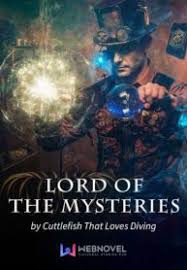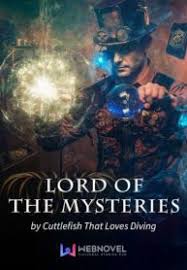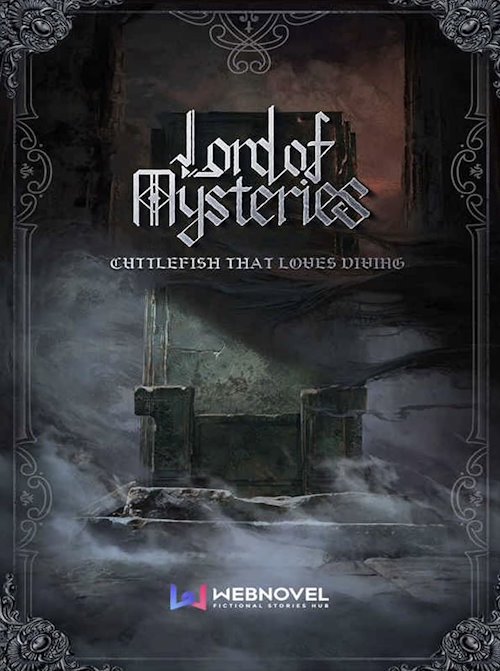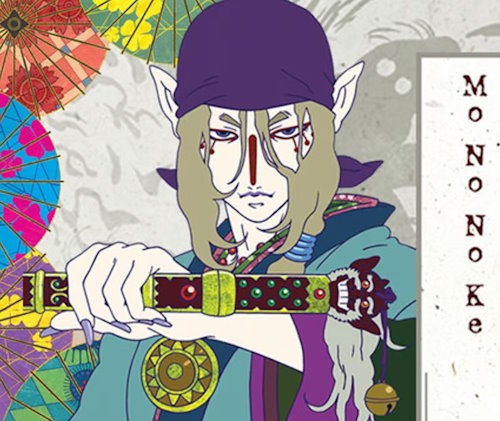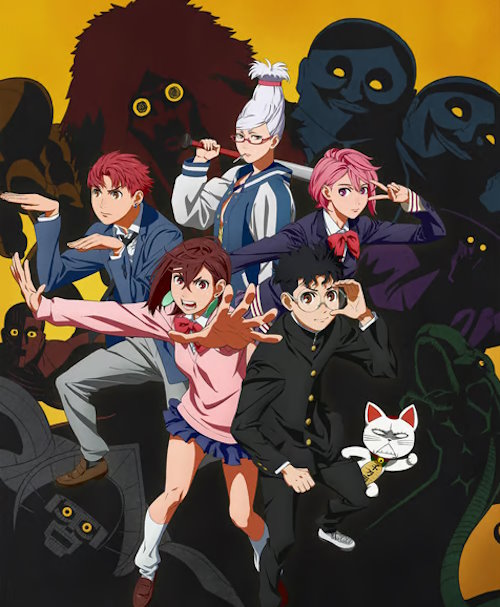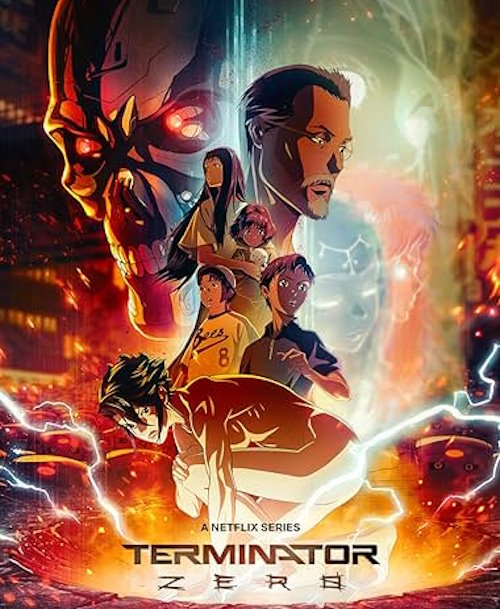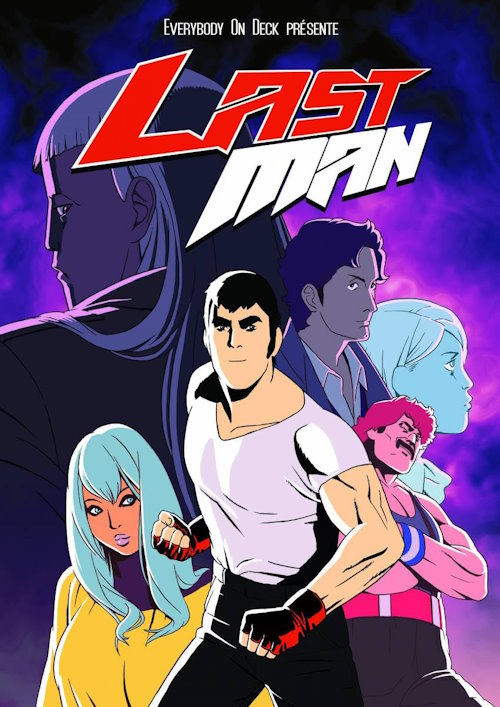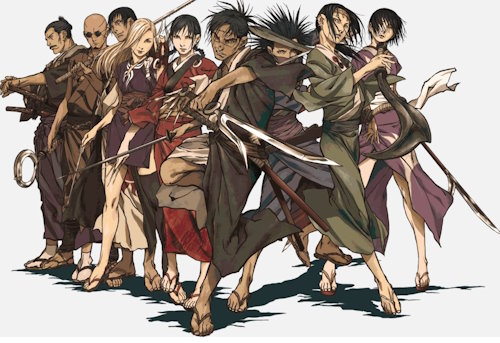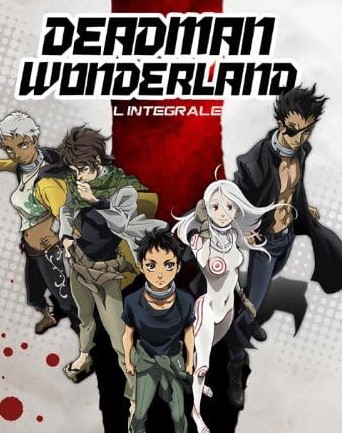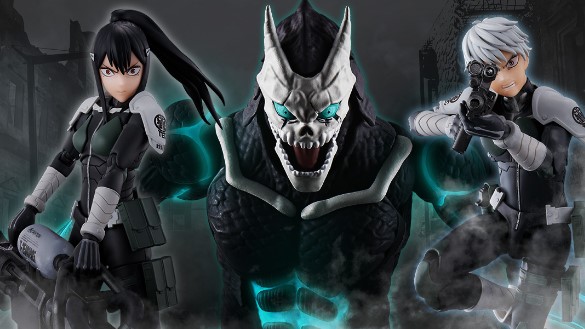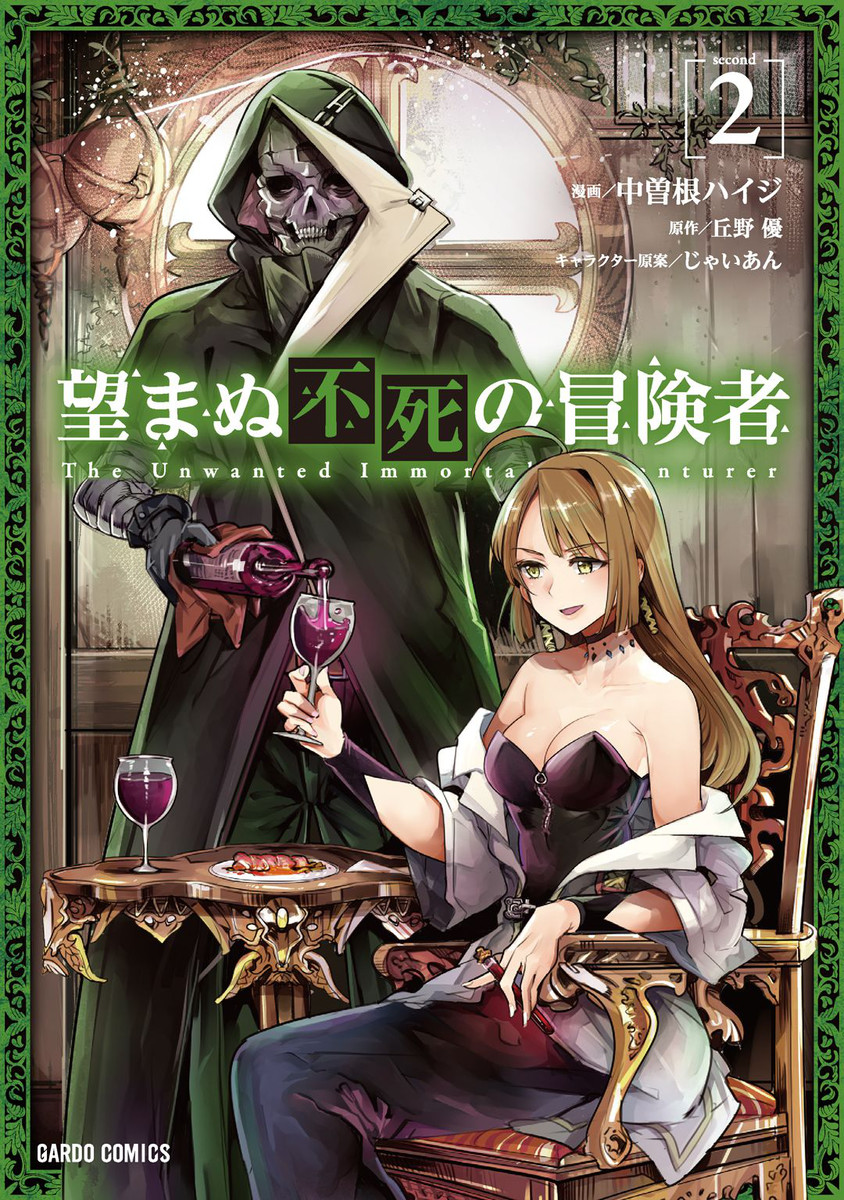
I really tried, but it was impossible to enjoy, especially after the second season started. It's like someone took the wrong bits of Naruto, Fullmetal Alchemist and Bleach and mashed them together in this mindless story. I was pushed to it by the very nice writing YouTube channel Savage Books, but in this case they messed up. Or maybe they were talking about season 700, the manga or whatever.
So in Jujutsu Kaisen there is this kid who is preternaturally strong, but also kind, good looking and loves his grandfather. In hospital, grandpa tries to tell him something ominous about the boy's parents, gets interrupted, then proceeds on spouting some nonsense about helping as many people as you can, even if it's just one, then promptly dies. And then it appears his friends in a spiritualist high school club are about to unleash an ancient curse, so naturally someone from a secret society comes to take care of it, the boy gets in the middle and ends up eating a mummified finger that gives him demonic powers but also a demon inhabitant of his body.
All well and good, but then it's just one full season of Japanese Hogwarts, complete with one dimensional quirky characters, dangers that seem to be handled exclusively by untrained kids, manic teachers and disgusting evil villain who attacks randomly and usually pointlessly. The inner demon barely makes any appearance and to be honest, his allies and friends seem a lot more unhinged. I would have maybe watched the mind numbing uplevelling of the main characters some more if they didn't completely change page in season 2.
The animation is different, the characters are different and, even if I know the regular ones will return in a few episodes, I couldn't make myself care. I understand that almost everything in Japan has a form and the more derivative and ritualistic something is, the more powerful - hell, it's the same in Western society, we just don't openly admit it, but this was being derivative in all the wrong ways, then changing things in the worst possible direction. And of course, it was terribly boring as well.
Bottom line: no more "Sorcery Battle" for me.
P.S. Oh, hell, it's even a sequel. Yuck!
